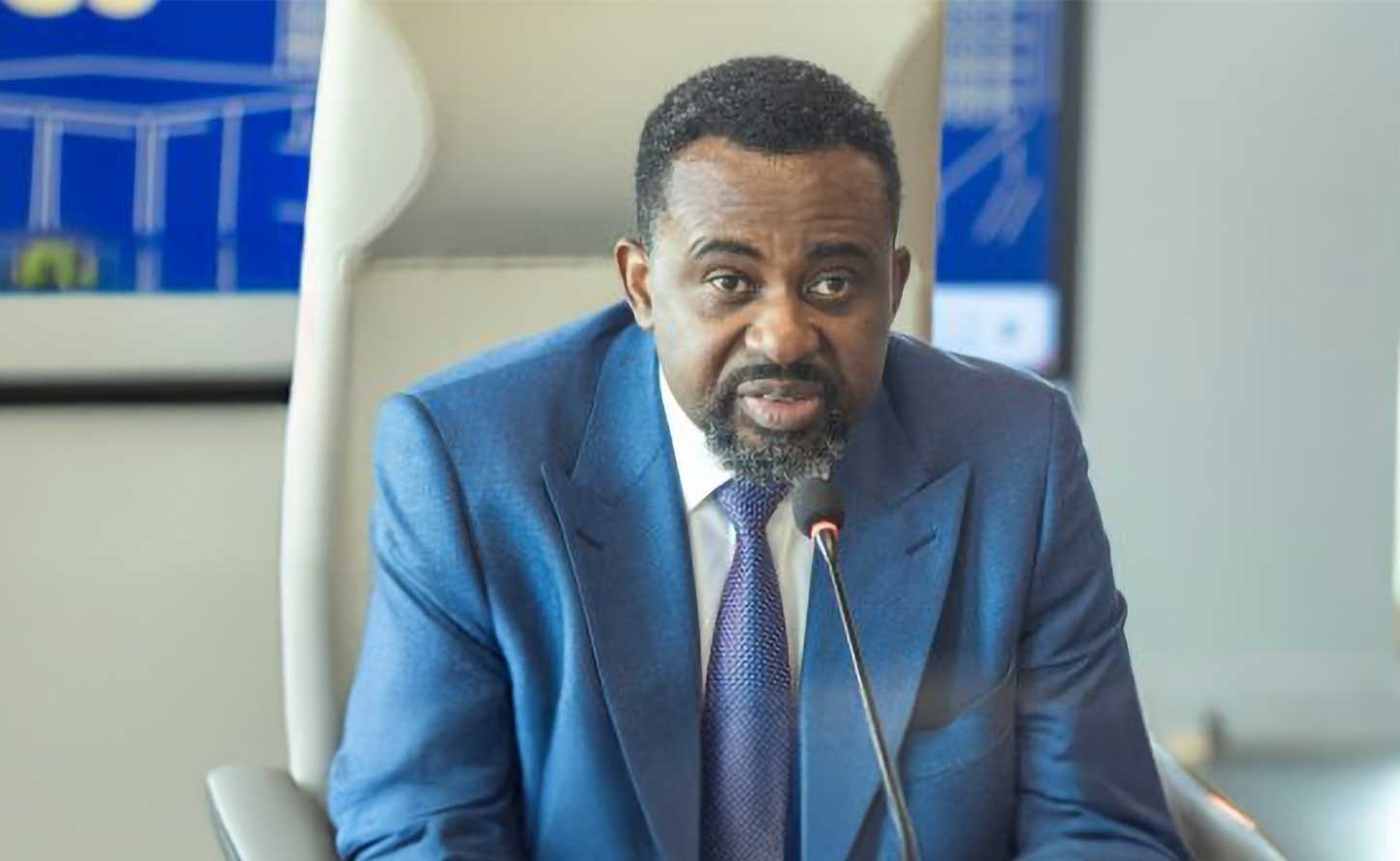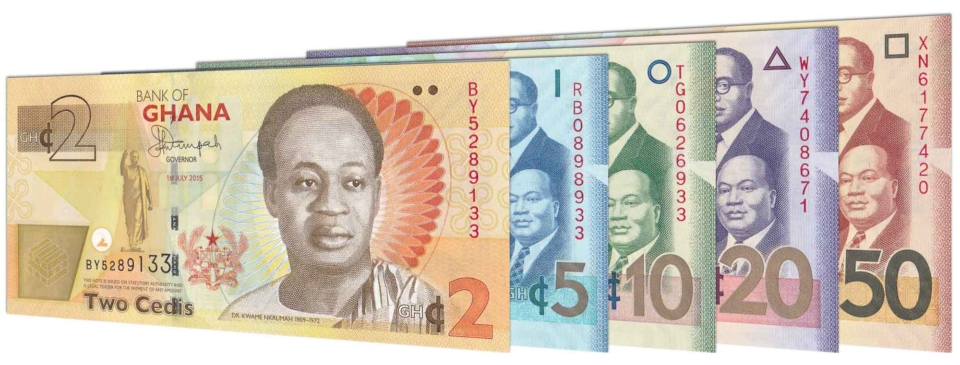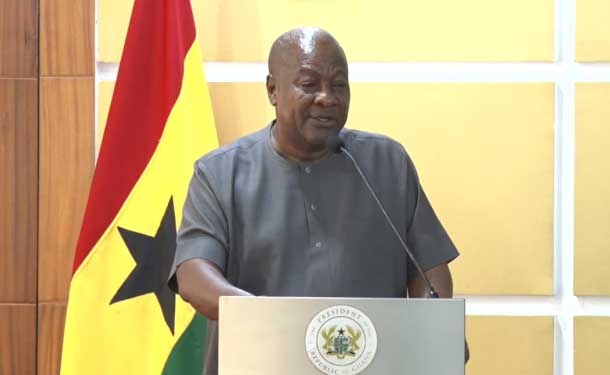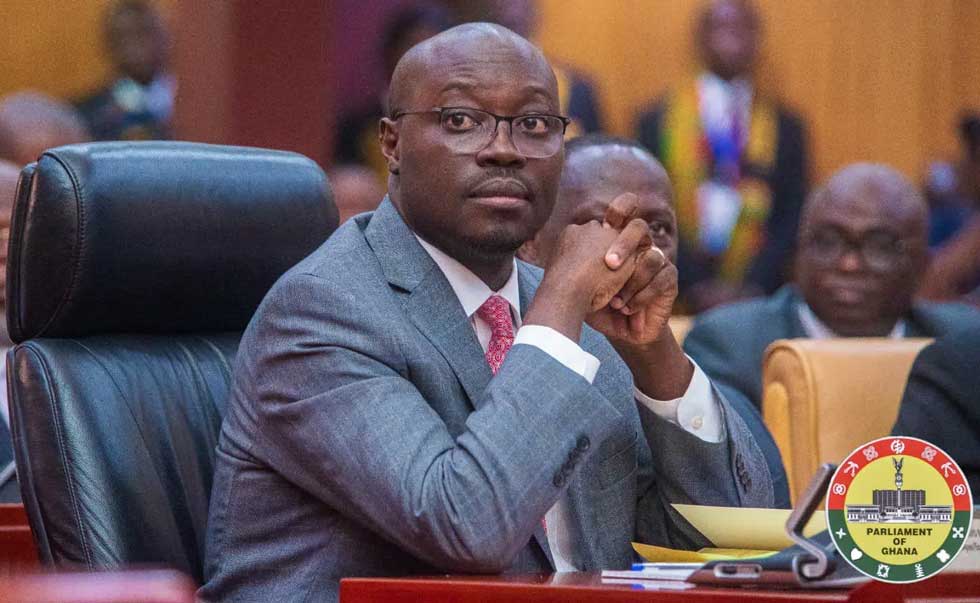GHANA'S Economic Paradox: Central Bank Stays Hawkish Despite Currency Success

ACCRA, Ghana, May 23, 2025 - In a move that defied market expectations and private sector hopes, the Bank of Ghana maintained its punishing 28% policy rate on Friday, even as the country's currency has become one of the world's best performers and inflation continues its dramatic retreat from last year's crisis levels.
The decision, announced at the conclusion of the Monetary Policy Committee meeting, underscores the central bank's deep-seated wariness about Ghana's economic recovery—a caution that speaks volumes about how fragile recent gains may actually be.
Governor Dr. Johnson Asiama's rationale was telling in its restraint: "Despite these positive developments, the committee observed that the current level of inflation remains high relative to the medium-term target." Translation: we're not celebrating yet.
The Cedi's Unlikely Triumph
 The numbers behind Ghana's economic turnaround read like fiction. The cedi has surged approximately 19% against the dollar between April and May alone, capping off a year-to-date appreciation of around 16%—a performance that has caught the attention of international financial institutions and left economists scrambling to explain the forces at play.
The numbers behind Ghana's economic turnaround read like fiction. The cedi has surged approximately 19% against the dollar between April and May alone, capping off a year-to-date appreciation of around 16%—a performance that has caught the attention of international financial institutions and left economists scrambling to explain the forces at play.
This currency strength has coincided with inflation's steep decline to 21.2% in April 2025, down from the catastrophic heights of over 40% that plagued the country last year. For a nation that has become synonymous with currency crises and economic instability, these developments represent nothing short of a remarkable reversal.
Yet the central bank's hawkish stance suggests officials view this progress through a lens of hard-earned skepticism. "The latest forecast points to continued easing of inflationary pressures," Asiama noted, "barring unanticipated shocks"—a caveat that reveals the fragility underlying Ghana's apparent success.
The Gold Card Play
Finance Minister Dr. Cassiel Ato Forson has been quick to claim credit, pointing to the newly inaugurated Ghana Gold Board as the secret weapon behind the cedi's ascendance. "The GoldBod has already begun to fulfill its objective and has contributed immensely to the recent stability of the Ghana cedi through gold reserve accumulation," he declared at the board's inauguration.
This institutional innovation—designed to formalize small-scale mining operations and boost foreign exchange reserves—represents a coordinated attempt to leverage Ghana's gold wealth strategically. The minister's confidence is palpable: he credits this "robust and coordinated policy framework" as the primary driver of the cedi's 6.7% rise as of mid-May.
But not everyone is buying the government's narrative. Former MP Kennedy Agyapong offers a contrarian view that's both provocative and inconvenient for the current administration. Speaking on Asaase Radio, he suggested global factors—including policies shaped during the Trump administration—deserve significant credit for Ghana's currency stability.
"Let's be honest, some of the stability we are seeing now has roots in the global financial architecture," Agyapong argued, delivering a pointed reminder that emerging market currencies often dance to the rhythm of U.S. monetary policy and global investor sentiment rather than domestic initiatives alone.
However, President John Dramani Mahama has responded strongly, asserting that the recent appreciation of the Ghanaian cedi is a result of effective leadership rather than any singular policy initiative.
During a meeting with members of the clergy on Friday, May 23, President Mahama rejected the notion that a single policy could account for the cedi’s recent gains. Instead, he highlighted the broader impact of leadership and governance.
“Somebody says, point to one policy that you have implemented to make the cedi appreciate, and I said one policy? It’s not about one policy. The answer is effective leadership,” Mahama stated.
He emphasised that macroeconomic stability and currency strength were being driven by a combination of good governance, fiscal discipline, and restored public confidence.
“With effective leadership, we can turn this economy around and create a better life for our people, and that is what I’m committed to,” Mahama said.
 President John Dramani Mahama has committed to building a legacy of effective governance that no future administration will be able to undo.International Validation and Skepticism
President John Dramani Mahama has committed to building a legacy of effective governance that no future administration will be able to undo.International Validation and Skepticism

The International Monetary Fund has lent credibility to Ghana's efforts, noting that "the recent strengthening of the cedi reflects a combination of improved investor sentiment, supported by the government's commitment to fiscal consolidation, and specific measures in the foreign exchange market." The IMF's $3 billion Extended Credit Facility has provided crucial support, helping restore investor confidence while imposing strict performance criteria.
Major financial institutions are watching with interest tinged by caution. Goldman Sachs and JP Morgan have acknowledged the cedi's impressive performance while maintaining a watchful eye on Ghana's fiscal policy and external debt levels—a reminder that sustainable currency strength requires more than temporary fixes.
The African Development Bank has offered measured praise, noting that "Ghana's macroeconomic stabilization efforts, including fiscal consolidation and monetary policy tightening, are yielding positive results." However, the AfDB's warning about the need for "drastic structural reforms" to diversify the economy serves as a sobering reminder of the work still ahead.
The Double-Edged Sword

The Ministry of Trade and Industry is scrambling to address these concerns, developing policies to promote export diversification and cushion the blow through tax rebates and market development initiatives. It's a delicate balancing act that highlights how currency strength, while generally positive, can create its own policy challenges.
For ordinary Ghanaians, the stronger cedi has translated into tangible improvements in purchasing power, helping to ease the burden of inflation that had squeezed household budgets. Yet the central bank's continued hawkish stance suggests officials remain unconvinced that these gains are permanent.
Global Implications and Regional Symbolism
Beyond Ghana's borders, the cedi's performance carries symbolic weight across Africa. For a continent often characterized by currency devaluation and economic instability, Ghana's success offers a contrasting narrative of effective policy management and economic transformation potential.
“ President John Mahama points to the impact of leadership and governance in the rise of the cedi. There is no one policy that we have implemented to make the cedi appreciate. It’s not about one policy. The answer is effective leadership. ”
The broader implications for regional integration under the African Continental Free Trade Area could be significant, with the AfDB suggesting that increased trade liberalization might amplify the positive effects of a stronger cedi on Ghana's economic growth.
For the United States, the impact remains modest given the relative scale of bilateral trade, though American businesses with investments in Ghana stand to benefit from increased consumer purchasing power. The performance also serves as an indicator of broader emerging market currency trends and the factors driving global capital flows.
Challenges on the Horizon
Despite the positive trajectory, Governor Asiama's warnings about persistent challenges ring with the authority of hard experience. "Significant challenges persist," he cautioned, pointing to vulnerabilities from food supply constraints, particularly from northern Ghana and the Sahel, and external price shocks from volatile global commodity markets.
The specter of geopolitical tensions and evolving trade dynamics, including recent U.S.-led tariff disputes, adds another layer of uncertainty. These factors could quickly reverse recent gains, explaining the central bank's reluctance to declare victory prematurely.
The sustainability question looms large. While the combination of domestic policy measures, favorable global conditions, and rising gold prices has created a perfect storm for currency appreciation, maintaining this momentum will require continued fiscal discipline and structural reforms that go well beyond monetary policy adjustments.
The Verdict: Cautious Optimism
Ghana's economic story in 2025 reads like a cautionary tale about the complexity of emerging market dynamics. The country has achieved remarkable progress on multiple fronts—currency stability, falling inflation, and restored investor confidence—yet its central bank remains steadfastly conservative in its approach.
This institutional caution may frustrate businesses hoping for lower borrowing costs, but it reflects a hard-won understanding of how quickly economic fortunes can reverse in an interconnected global economy. The Bank of Ghana's decision to maintain its 28% policy rate, despite mounting pressure for cuts, suggests officials have learned the painful lesson that sustainable economic recovery requires patience, discipline, and a healthy respect for the forces that can undo progress overnight.
Whether this approach proves prescient or overly cautious will likely be determined by global economic currents largely beyond Ghana's control—a reality that makes the central bank's conservative stance both understandable and, perhaps, prudent.
Today's exchange rate is : 1.00 USD to 11.5000 GHS.
-30-
